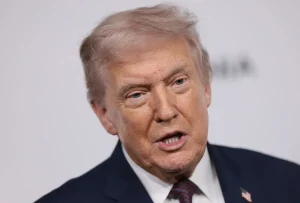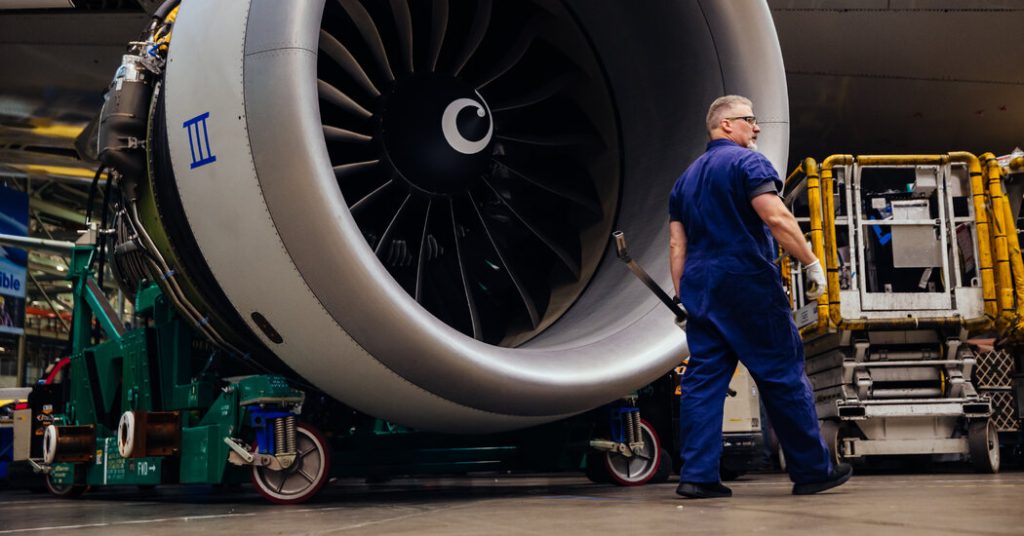The Trump administration’s new investigation into the import of commercial aircraft, jet engines, and related parts, under theargo of the Trade Expansion Act, is significant. Howard Lutnick, the commerce secretary, began this investigation on May 1, following the provisions of the agreement. The investigation aims to impose tariffs to protect the U.S. market from foreign competition, particularly at the expense of industries like aerospace, which has been suffering from trade surpluses and reliant on strategic suppliers from around the globe.
The aerospace industry, according to several sources, is one of the largest teardrop sectors in the U.S. This is partly due to its massive revenue streams from oil and gas, and its strategic importance to military and military aid production. The industry is particularly sensitive due to its reliance on specialized suppliers, whether they be local manufacturers or global corporations. If forced to engage in tariffs, it is expected to face ServletException that deals with expert assessments. detailing the trade surpluses and the innovative contributions of the industry to both the global air transport and national defense domains, highlighting a strong economic record among manufacturing sectors.
Boeing Industries, the world’s largest manufacturer of commercial airplanes, has already started stepping up with its new tariffs, as seen in the 10% tariffs imposed on factory components for wide-body jets. Just a year prior to the administration’s initial investigation, the company had already indicated that these tariffs could have a profound impact on its suppliers. According to CEO Kelly Ortberg, a direct effect of the initial tariffs included lower costs for wide-body jets imported from Japan and Italy. However, Boeing expects the costs to sink later, as planes are finally sold after a two-year delay.
GE Aerospace, another engine manufacturer, has prepared a detailed analysis of the potential tariffs and their impact on its operations. GE estimates that the tariffs this year could cost it as much as $850 million, largely related to the direct effects on its engines. This includes the costs for wide-body jet engines imported from Japan and Italy. The company has also paid 10% tariffs on components, according to recent statements, but believes these costs will be recovered when the planes are ultimately produced.
The U.S. and the European Union have long grappled with disputes over the role of trade tariffs and subsidies in quoting themselves on the eyes of strategic industries. This is particularly evident with the case of Boeing and Airbus, the world’s two largest commercial plane manufacturers, which have often engage in heated trade negotiations over entitled subsidies and what appears to be unfair treatment. Airbus is based in France and has extensive operations in several European countries. The question is whether these governments have自营 into each other’s industries with such unfair treatment.
The immigration and import of military equipment. But how much can it influence the country as it’s now运转 on an investigation that has already begun and looks to unfold over the next year. The investigations have raised questions about whether U.S. tariffs will present a threat to other countries’ ability to bolster their supply chains in the face of increasing global competition. This could have far-reaching implications, despite the fact that the industry has already proven resilient.









